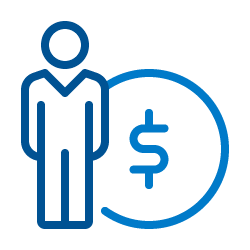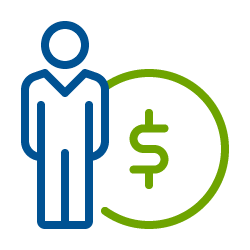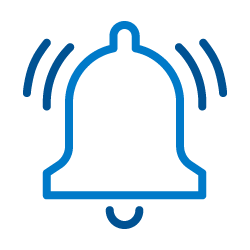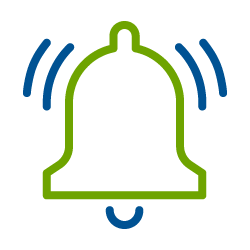Flex Your Finances: Prioritizing Saving

You’ve flexed your financial muscles and now you’re prioritizing saving and planning ahead. Now it’s time to develop and execute the next step: building your savings.
If you don’t already have one, start with an emergency savings account. Keep a minimum of one month’s expenses and up to six months of expenses in an account that is easy to access—like a savings account or money market account. This money needs to be readily available to you in the event of a major unexpected expense or emergency.
If you have less than one month’s expenses in your account, you should be prioritizing saving above anything else the next several months. Cut all but the bare essentials from your budget until you reach this goal. Much like overly restrictive diets, shoestring budgets don’t typically work long-term, but this is an instance where it’s necessary. Without a small cushion in your budget, you could end up relying on credit cards or loans with poor terms after just a small unexpected expense. Not sure what is an essential in your budget?
Essential
- Housing
- Utilities
- Minimum debt payments
- Groceries
- Transportation (to work)
- Retirement savings (to meet company match)
Non-Essential
- Entertainment
- Meals out
- New clothing
- Gym membership
- Extra debt payments
Once you’ve established an emergency savings account, you can reevaluate your finances and prioritize new goals. You may want to pay down your student loans or save for a down payment on a car, but remember to make sure you pay yourself first by padding your savings account. Prioritizing saving is always part of a good financial plan.














